Gambia Travel: A Comprehensive Guide - Best Places to Visit
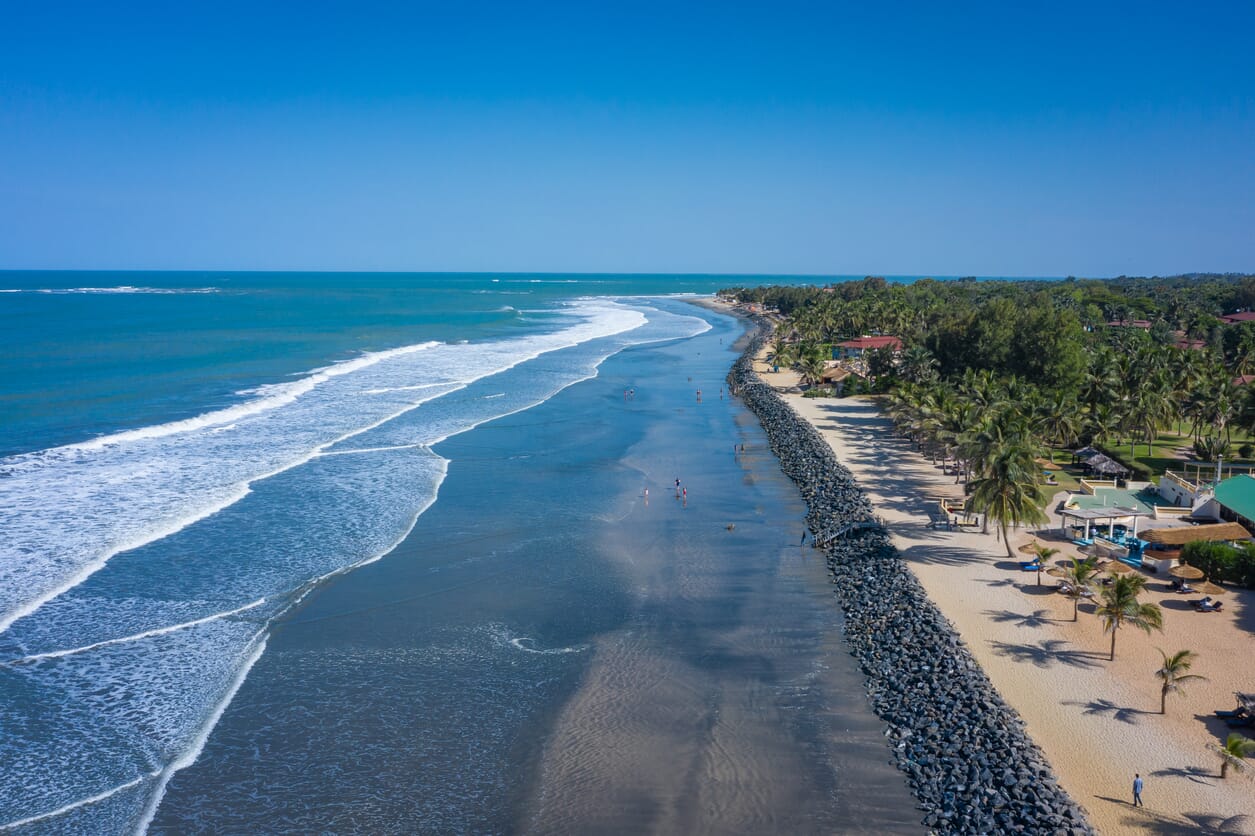
The Gambia, the smallest mainland country in Africa, is a hidden gem waiting to be discovered. With its stunning beaches, vibrant culture, and welcoming people, it has earned the title of the 'Smiling Coast of Africa'. This guide provides you with all the necessary information to ensure a memorable and trouble-free journey in this West African haven.
1. Introduction to Gambia - Vacation in Gambia
1.1. Overview
Located on the westernmost part of Africa, The Gambia is virtually surrounded by its larger neighbor, Senegal. Despite its compact size, The Gambia stands out with its unique identity, offering a blend of rich history, diverse cultures, and stunning natural beauty.
1.2. Why Visit Gambia
The Gambia is a paradise for sun-seekers, history buffs, and nature enthusiasts alike. The country is renowned for its golden sandy beaches, bustling towns with unique architecture, and an abundance of wildlife. Beyond the beach resorts, The Gambia boasts a vibrant cultural scene, with traditional music, dance and art reflecting its diverse ethnic groups.
1.3. Popular Destinations
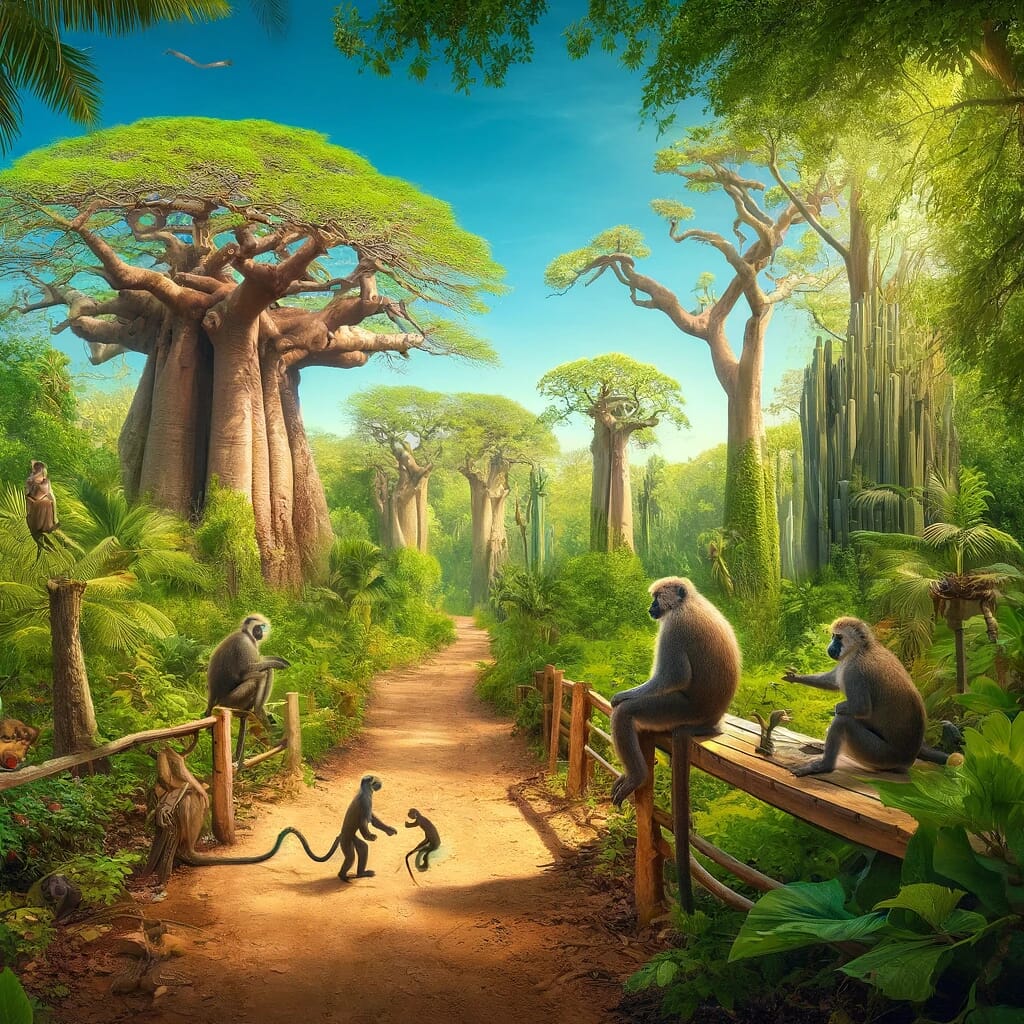
Popular destinations in The Gambia include:
- Banjul: The charming capital city, home to historic sites such as the Arch 22 and the bustling Albert Market.
- Kololi: Known for its lively nightlife and beautiful beaches.
- Serekunda: The largest city in The Gambia, famous for its vibrant markets.
2. When to Visit Gambia
2.1. Best Time to Travel
The best time to visit The Gambia is during the dry season, which runs from November to mid-May. During this time, you can expect plenty of sunshine, minimal rainfall, and a comfortable climate for outdoor activities.
2.2. Weather in Gambia

The Gambia experiences a Sahelian climate, characterized by a long, dry season (November to May) and a short, wet season (June to October). Average temperatures in The Gambia range from 18°C to 30°C during the dry season and 23°C to 33°C during the wet season.
3. Travel Tips for Gambia
3.1. Passport and Visa Requirements
To enter The Gambia, your passport must be valid for the duration of your stay. You do not need a visa to visit The Gambia if your stay is less than a month.
3.2. Money and Currency
The official currency of The Gambia is the Gambian Dalasi. The Gambia is primarily a cash-based economy, and it is recommended to carry a sufficient amount of cash for your expenses.
Current Exchange Rates
Today, the rate is 1 EUR = GMD3.3. Health and Safety
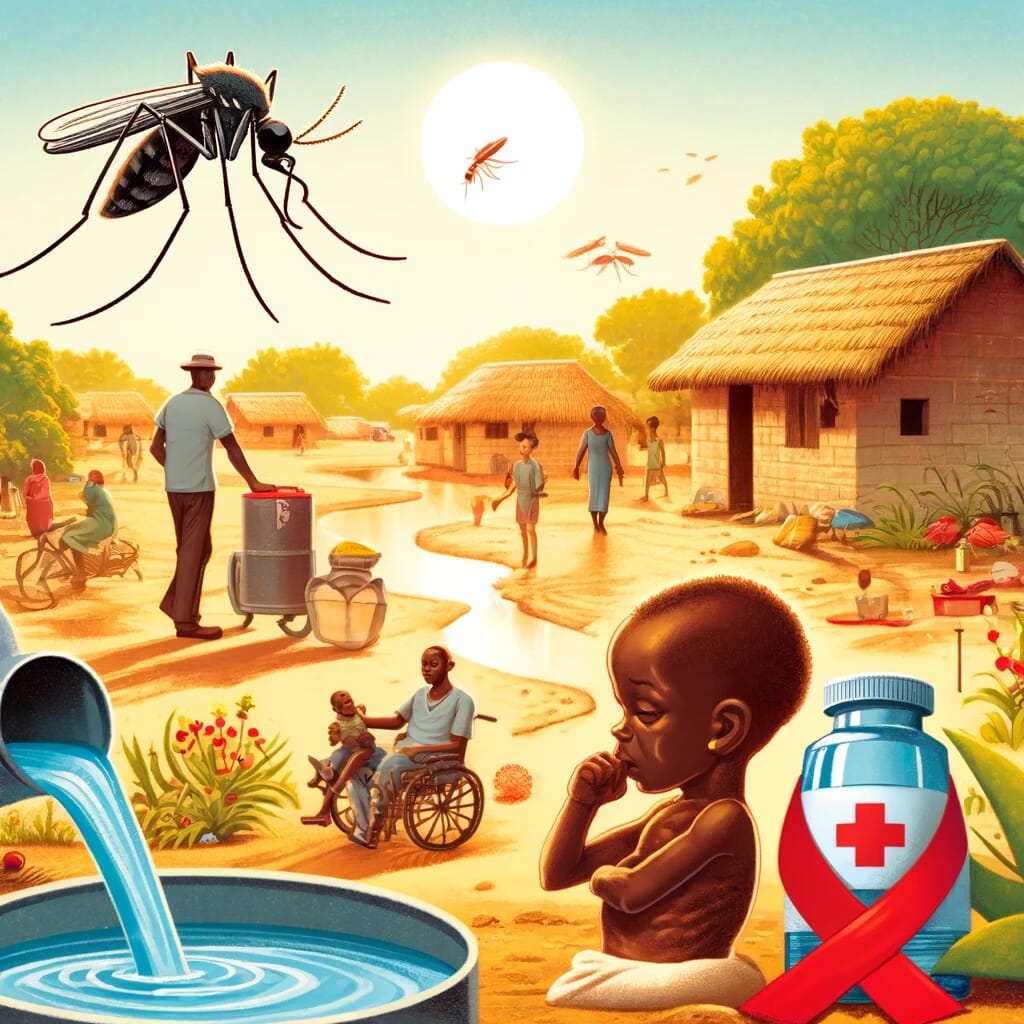
When planning your Gambia travel, it's important to stay informed about the health and safety precautions. The Gambia has a risk of tropical diseases such as Malaria and Yellow Fever. Make sure to consult with a healthcare professional about necessary vaccinations and medications. Additionally, it's recommended to drink only bottled or boiled water.
4. Transport in Gambia
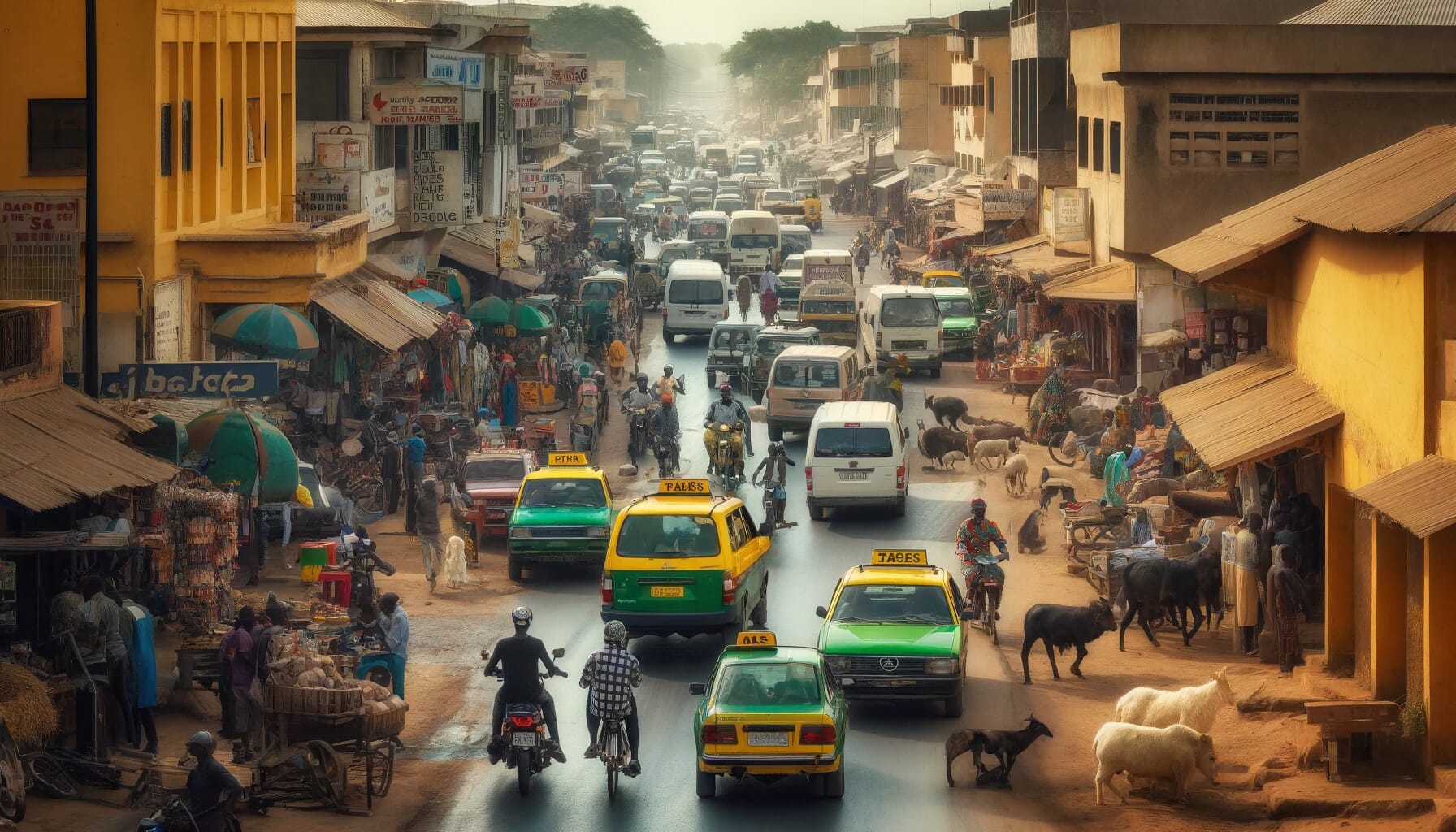
4.1. Getting to Gambia
The main international gateway to The Gambia is the Banjul International Airport. There are regular flights connecting Banjul with major cities in Europe and Africa.
4.2. Getting Around in Gambia
The Gambia has a rudimentary, if steadily improving, road system and little in the way of public transport. The most common mode of transportation for locals is the bush taxi. For a more comfortable and convenient mode of transportation, consider hiring a driver or renting a car.
5. Accommodation in Gambia

The Gambia offers a range of accommodation options, from budget-friendly guesthouses to luxury resorts. Most travelers to The Gambia will have pre-arranged hotels booked as part of a package, but it is also possible to travel independently.
6. Food and Drink
Gambian cuisine is a fusion of African, Portuguese, and British influences. Staple foods include rice, fish, meat, and a variety of locally grown fruits and vegetables. Local dishes to try include chicken yassa, M’bahal rice, and bonga pate.
7. Things to Do in Gambia
7.1. Exploring the Beaches
The Gambia is known for its stunning beaches along the Atlantic coast. Spend a day lounging on the golden sands of Kololi Beach or Sanyang Beach, or enjoy a stunning sunset on Batokunku Beach.
7.2. Wildlife Viewing
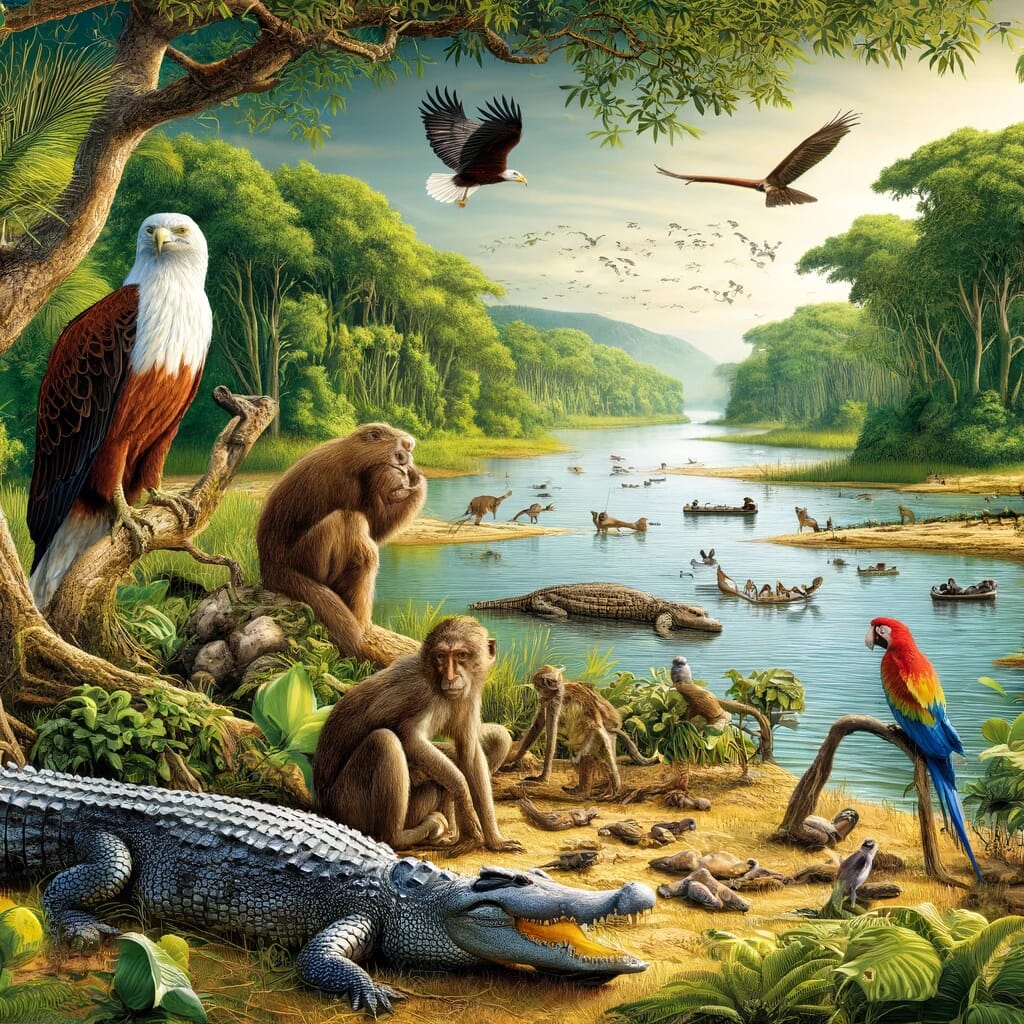
The Gambia is home to a diverse array of wildlife. Visit the Abuko Nature Reserve to spot monkeys, crocodiles, and a variety of bird species. For a more adventurous experience, consider a boat trip up the Gambia River to see playful chimps and basking hippos.
7.3. Exploring the Local Culture
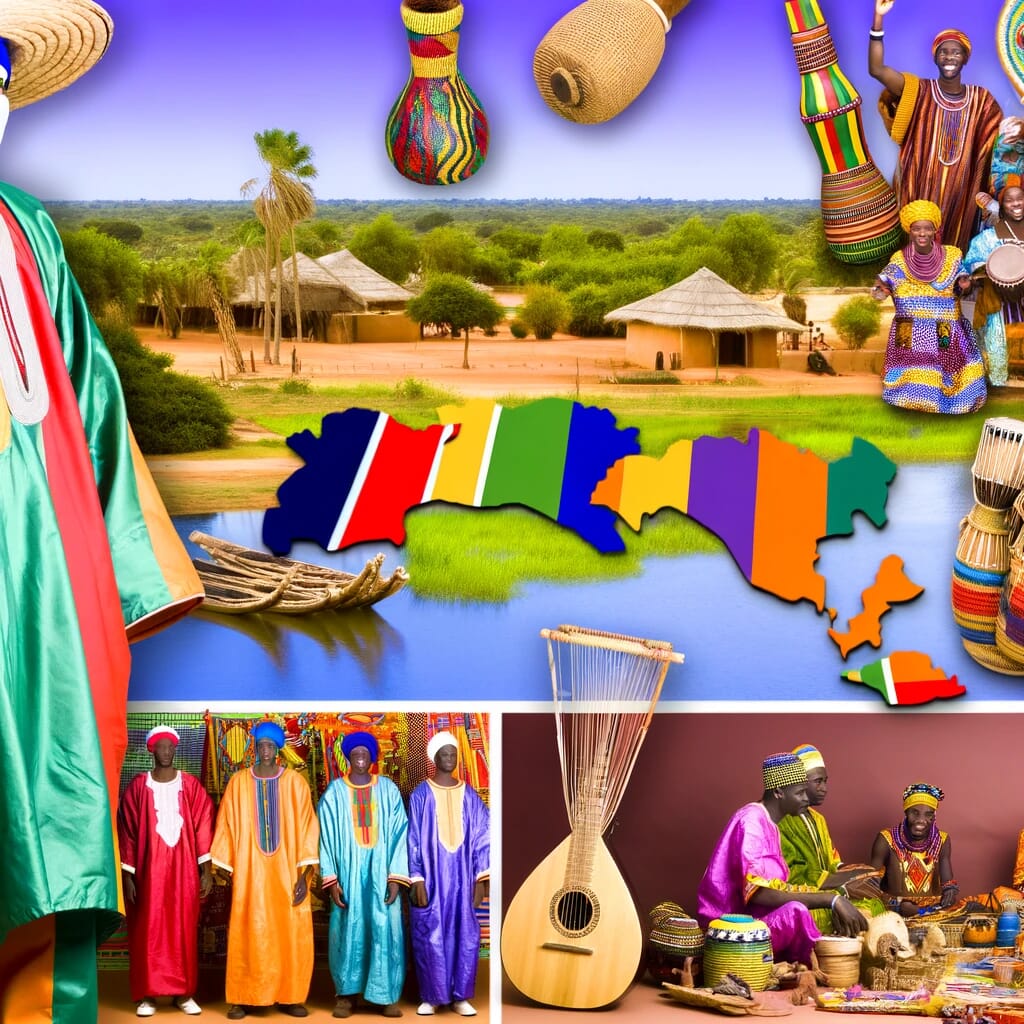
Experience the vibrant culture of The Gambia by visiting local markets, learning traditional drumming and dance, and exploring the country’s historic sites. Don't miss the chance to visit the bustling capital city of Banjul, home to historic sites such as the Arch 22 and the bustling Albert Market.
8. Local Customs and Etiquette
The Gambia is an Islamic country, and it's important to respect local traditions, customs, laws, and religions. Dress modestly, especially when visiting religious sites, and avoid sensitive discussions about politics.
9. Safety in Gambia
While The Gambia is generally a safe destination for travelers, it's important to stay vigilant and aware of your surroundings. Avoid walking alone at night, especially in isolated areas, and keep your valuables secure.
10. Health Risks in Gambia

Be aware of potential health risks in The Gambia, including the risk of tropical diseases such as Malaria and Yellow Fever. Make sure to consult with a healthcare professional about necessary vaccinations and medications. Moreover, it's recommended to drink only bottled or boiled water.
11. Sports and Activities in Gambia

For active travelers, The Gambia offers a range of sports and outdoor activities. From birdwatching in the Abuko Nature Reserve to exploring the bustling markets of Banjul, there's plenty to keep you busy.